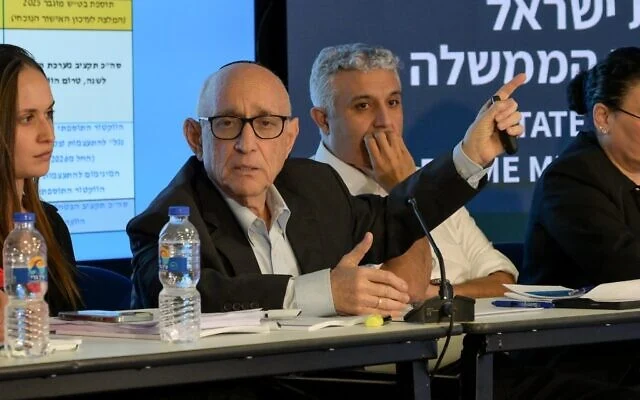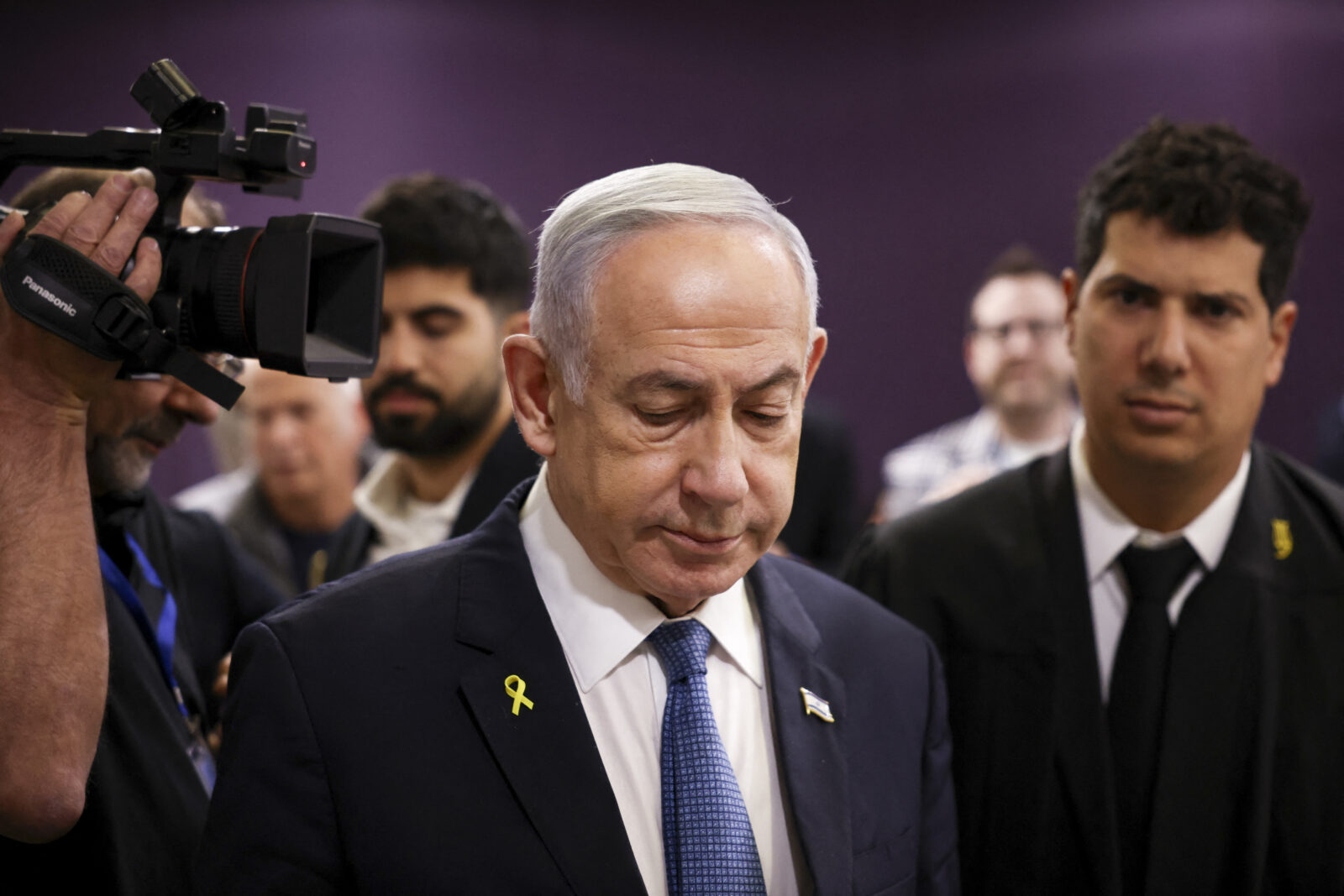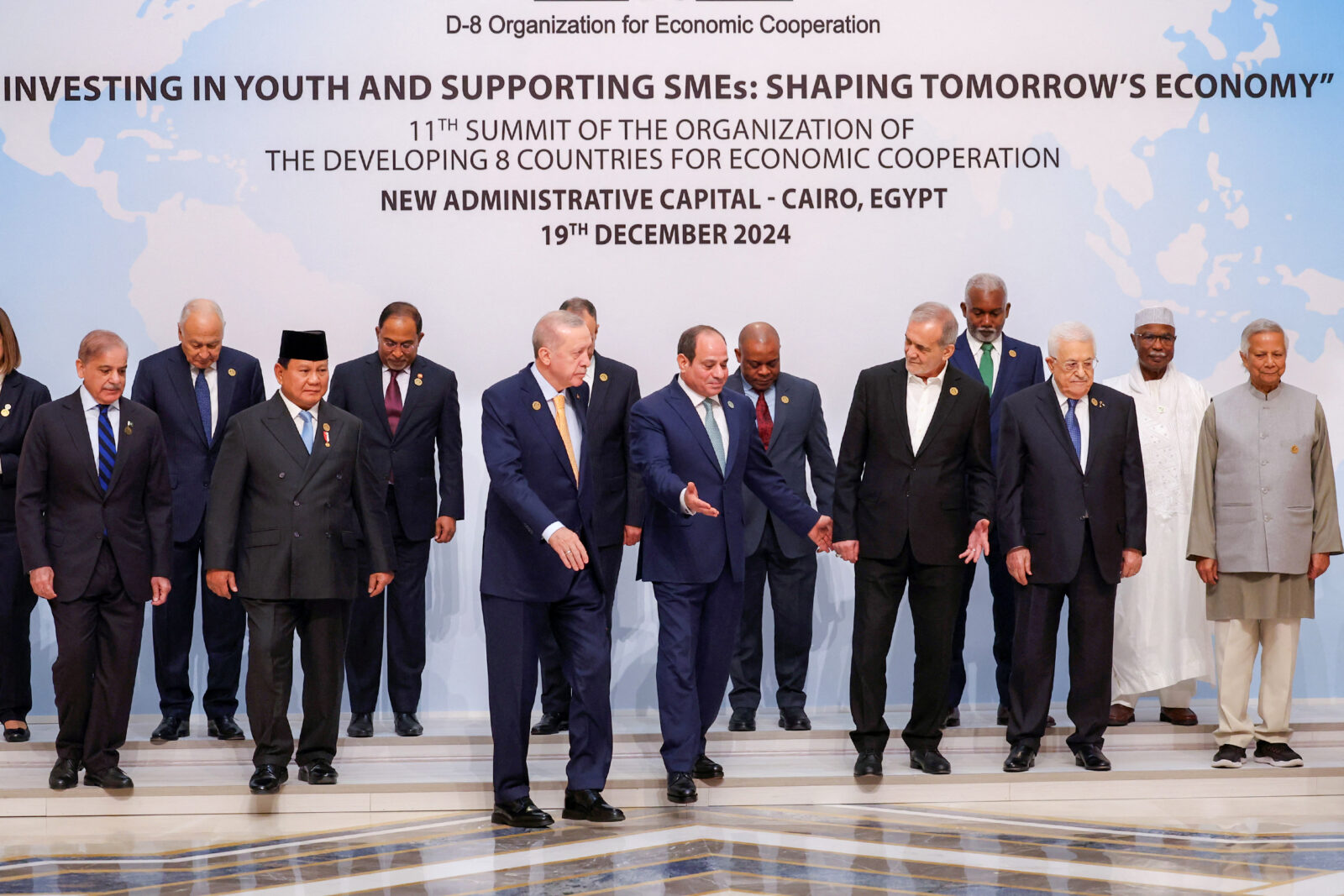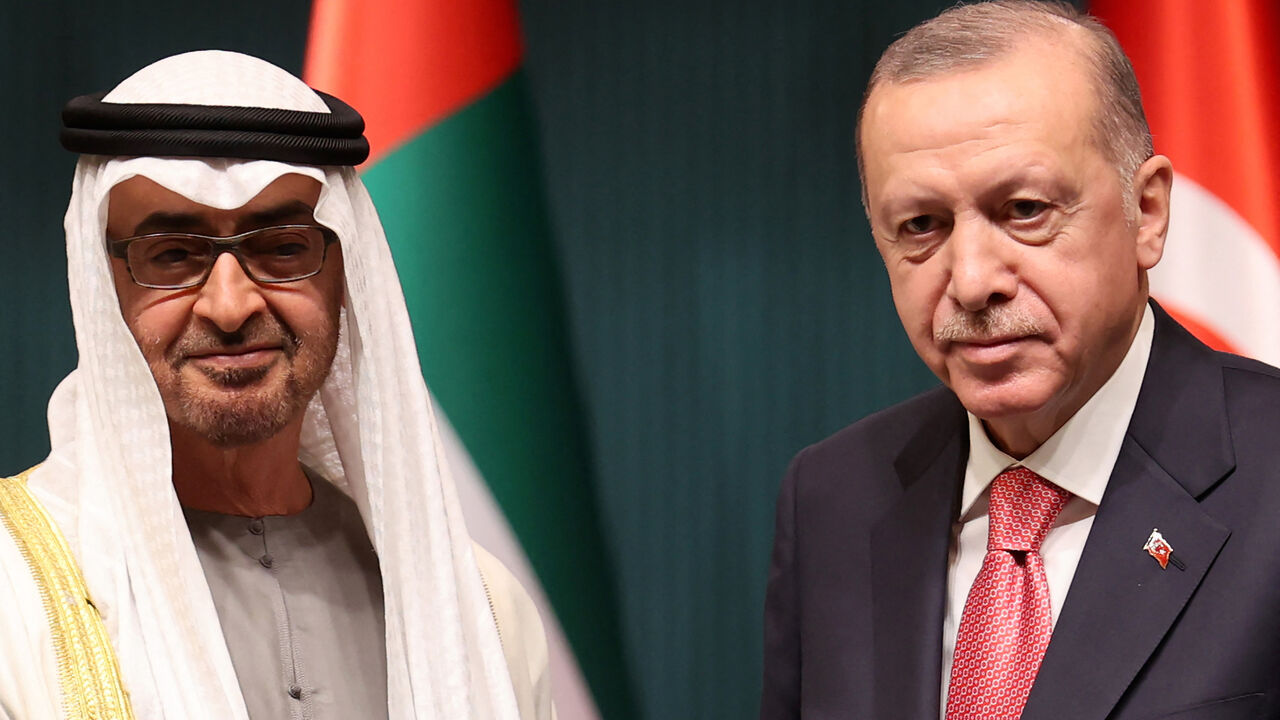Israel should prepare for war with Türkiye, warns Zionist government committee
 Servicemen of the Turkish Special Forces Command at the 2020 Victory Parade in Baku (Official website of the President of the Republic of Azerbaijan)
Servicemen of the Turkish Special Forces Command at the 2020 Victory Parade in Baku (Official website of the President of the Republic of Azerbaijan)
The Nagel Committee, established by the Israeli government, issued a stark warning about Türkiye’s increasing influence in the region, the Jerusalem Post reported.
The committee cautioned that this growing presence could lead to heightened tensions, possibly escalating into direct war.
“The threat from Syria could evolve into something even more dangerous than the Iranian threat,” the report stated, adding that so-called Turkish-backed factions in Syria could act as proxies, creating new regional instability,” the committee said.
For decades, Israel has been occupying territories in Gaza, the West Bank, Lebanon and Syria, defying United Nations resolutions demanding a return to its pre-1967 borders.
Beyond these violations, Israel has destabilized the Middle East through its occupation, human rights abuses and lately acts of genocide.
Despite this record, Israel now attempts to portray Türkiye’s internationally recognized rights as acts of expansionism, accusing Ankara of seeking to revive Ottoman-era influence.
This claim, widely seen as an effort to deflect from Israel’s own actions, adds to the growing tension between the two nations.

Israel calls for preparation
The Nagel Committee has submitted its findings to Prime Minister Benjamin Netanyahu, Defense Minister Israel Katz, and Finance Minister Bezalel Smotrich, recommending a significant increase in Israel’s defense budget.
The proposal calls for an annual increase of up to NIS 15 billion ($4.136 billion) over the next five years to equip the Israeli Defense Forces (IDF) for potential challenges posed by Türkiye, alongside other regional threats.

Netanyahu, addressing the committee’s report, stated:
“We are witnessing fundamental changes in the Middle East. Iran has long been our greatest threat, but new forces are entering the arena, and we must be prepared for the unexpected. This report provides us with a roadmap to secure Israel’s future.”

Türkiye as regional actor
The report singles out President Recep Tayyip Erdogan’s policies, describing them as assertive and antagonistic to Israel’s interests. Analysts aligned with the committee have speculated that Türkiye’s strengthened ties with Syrian factions could pose a long-term challenge to its security.
By amplifying its warnings, the Nagel Committee seeks to rally international and domestic support for increased militarization, painting Türkiye’s legitimate regional actions as a looming threat.
However, this narrative sidesteps Israel’s own role in destabilizing the Middle East through its decades-long occupation, military aggression, and human rights abuses.
As the region faces ongoing shifts, Israel’s rhetoric raises questions about whether it seeks genuine peace or is instead creating new narratives to justify its actions in the Middle East.
Far from the accusations of expansionism, Türkiye has consistently positioned itself as a peaceful mediator and problem-solver in the region. Its recent diplomatic achievements illustrate its commitment to fostering stability and resolving conflicts.

- Ankara Declaration (December 2024): Türkiye facilitated a groundbreaking agreement between Ethiopia and Somalia, emphasizing mutual respect for sovereignty, cooperation, and peaceful dialogue. Both nations praised Türkiye’s role, and technical negotiations are set to conclude by February 2025 under Türkiye’s guidance.

- Sudan-UAE Mediation (January 2025): Building on its success in the Horn of Africa, Türkiye initiated efforts to ease tensions between Sudan and the UAE. Deputy Foreign Minister Burhanettin Duran delivered messages from President Erdogan, with both Sudanese and Emirati leaders welcoming Ankara’s diplomatic engagement.
- Broader peace diplomacy: Türkiye’s multi-dimensional efforts extend across the Middle East and Africa, showcasing its commitment to fostering peace and stability. Initiatives like these highlight Türkiye’s role as a trusted and effective mediator in the international community.
These examples reflect Türkiye’s constructive approach to diplomacy, reinforcing its reputation as a nation dedicated to resolving conflicts and supporting sustainable peace in the region.



